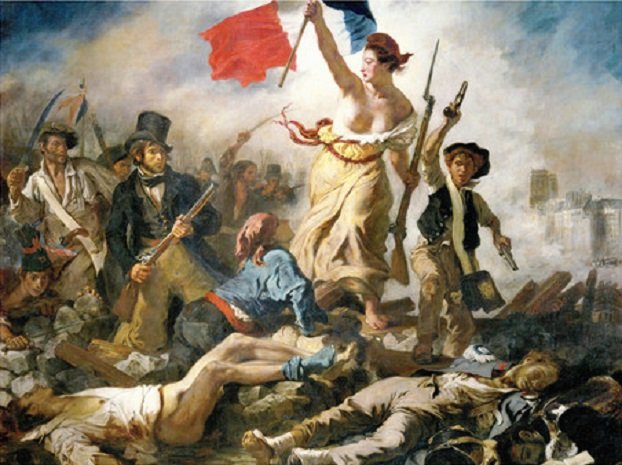Nature and peculiarities of historical knowledge
Particularities and specifics of historical knowledge are sought in the context of comparison with nature. Four characteristics - features: Historical knowledge has a retrospective character in contrast to natural science. As is known, the object of human knowledge is the whole surrounding reality in its change, movement and development. But this reality can be subdivided into different parts and countries. On the one hand, it can be divided into a natural and public reality, and on the other, a temporal plan of past, present and future.
Based on the last division / temporal / in the theory of knowledge, three relatively independent types of knowledge are distinguished, namely: retrospective - knowledge of the past; Preschool - Knowledge of the Present; perspective - knowledge of the future. Today, despite some objections, the view prevails that the so- retrospective knowledge is the subject of historical science when, in the narrow sense of the word, it is conceived as a science of the historical past of mankind. A distinctive feature of this kind of knowledge is that the thought of man (in particular the historian) moves in reverse to the ontological order of historical time direction, namely from the present to the past, the investigation into the cause, the results of the events to the events themselves. The aim of the historian is to restore the relationship between cause and effect, event and results, past and present, and thus reconstruct the ontological order of historical time, but now in another, subjective form, ie. in the form of a cognitive image.
its object / historical past / does not have properties of immediate reality. Lack of subject to this knowledge. This particularity of history is particularly strongly advocated by representatives of the neocantian (Vindelband, Rickert, Collingwood). In his book "The Idea of History," Collingwood notes: "history is dealing with something (unlike natural science), which can never be that because it is never here and now. Its object is events that have ceased to happen and conditions that no longer exist. They become the subject of historical thought only after they can no longer be perceived. That is why all the theories of knowledge that represent it as an interaction between existing between object and subject, theories that accept the immediate knowledge of the essence of knowledge make history impossible.In this sense, Collingwood advocates the idea that, unlike the natural scientist, the historian is completely free and autonomous in making / writing history that the latter is entirely a product of his subjective thought.

Many say about that painting, that the child that comes out there is the representation of Gavroche in the novel the miserables of Victor Hugo ... Greetings and my respects.